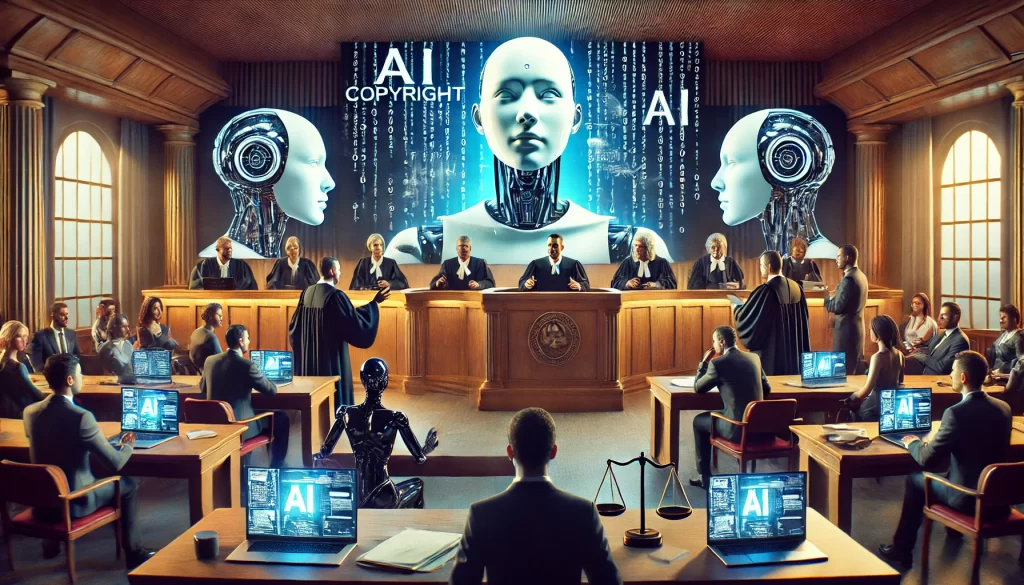Parth Bajaj
On February 17, 2025 the Delhi High Court in the case of ANI Media Pvt Ltd v. Open AI Inc & Anr discussed over alleged copyright infringement, raising key questions about AI training and content ownership. Amicus Curiae Dr. Arul George Scaria warned that denying large language models (LLMs) access to copyrighted content could worsen misinformation. He argued, “The only way to address this issue is by giving more access to materials. Otherwise, LLMs will be trained on limited datasets, exacerbating misinformation.”
The Court considered whether OpenAI’s storage and use of ANI’s copyrighted content constitutes infringement and whether such usage qualifies as ‘fair use’ under Section 52 of the Copyright Act, 1957 . Dr. Scaria contended that AI training should be treated similarly to human learning, stating, “Look at the end purpose and then see whether we can exempt this from liabilities.” He also questioned whether AI development is feasible without copyrighted material.
Advocate Adarsh Ramanujan, another Amicus Curiae, disagreed, asserting that merely storing copyrighted content amounts to infringement unless justified under fair use. He argued, “An act of infringement stands completed when they copy unless they show that it comes under fair use.” ANI’s counsel also highlighted that the agency licenses its content, prompting the Court to ask, “If they start paying license fees to everyone, how does the business model survive?”
With generative AI lacking clear legal regulation in India, the Court acknowledged, “There is nothing, no sort of law, absolutely in respect of these kinds of generative AIs.” .The next date of hearing is set on March 10, 2025.
Case Name: ANI Media Pvt Ltd v. Open AI Inc & Anr
Case Number: CS(COMM) 1028/2024
Bench: Mr. Justice Amit Bansal
Click here to access the order.
Instagram: Click here.
LinkedIn: Click here.
For Collaboration and Business: info.desikaanoon@gmail.com

